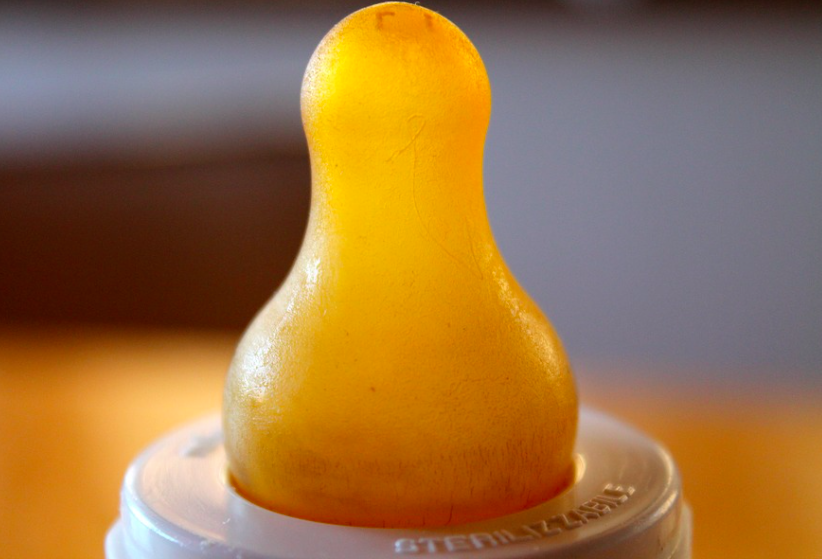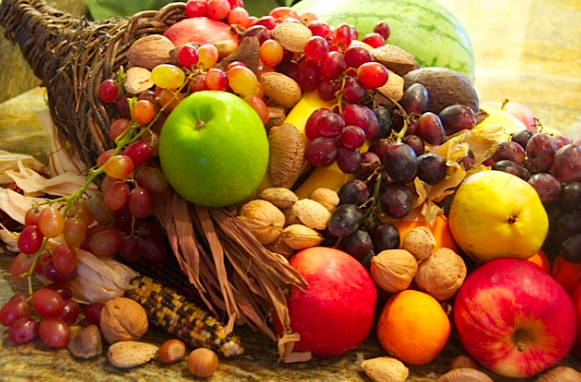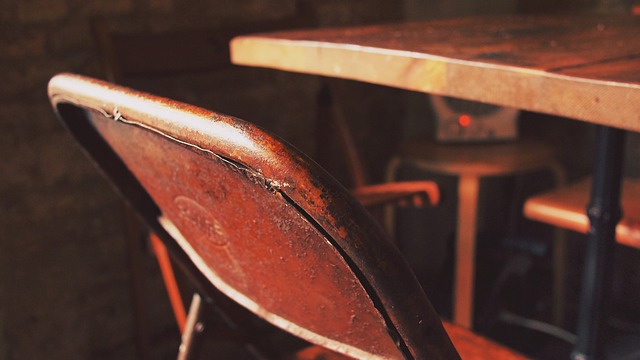thanksgiving in the dominical republic: the empty chair
On our first full day in San Juan, a town near the mountains of the DR, 3 hours north of the capitol city of Santo Domingo, we ate an early breakfast and then loaded up a trailer with suitcases filled with stethoscopes, blood pressure cuffs, glucose monitors, vitamins, thermometers and nebulizers -- as well as a wooden box of prescription medications that served as our traveling "pharmacy." We were heading to El Cercado, a remote barrio 90 minutes northwest of San Juan. On the way, we stopped at a center that the nonprofit we're with, Solid Rock International, has built. One building serves as an elementary school. The other is a clinic that includes a maternal-fetal health program.
We stopped at the center to drop off school supplies for the children who attend the school, and to drop off canisters of formula for new moms who aren't able to produce breast milk, or whose milk has dried up too soon due to dehydration and malnutrition.
When we handed one of the nurses the suitcase filled with formula, she teared up and said, "If only you'd been here a few days sooner."
She went on to explain that recently, one of the mothers they'd been monitoring in the prenatal clinic had developed eclampsia. She died shortly after giving birth to her baby. Since the baby was not able to nurse, the family began to look for formula but it's incredibly difficult to find in the developing world and, even if families can find formula, it's very expensive and often out of their financial reach.
(In Togo, we had a shortage of formula once, and families resorted to feeding newborns powdered milk instead, which looks like formula but has none of the crucial vitamins, minerals and other nutrients that babies need -- so even though babies weren't dehydrated, they became severely malnourished. We ended up going to the market and getting powdered milk, oil and sugar and mixing a more nutritious solution for newborns to drink until we located formula in a pharmacy a few hours away, and our driver went to pick it up.)

The baby in the DR, born to the mother who died from complications of eclampsia, died a few days ago. Because there's no baby formula in that part of the DR.
If we'd arrived a few days earlier with the suitcase of formula, the outcome would likely have been different. And the baby's father and four siblings wouldn't have had to mourn a second death.
***
I know it's Thanksgiving in the U.S. today, and no one wants to hear a sad story because today is about celebrating family and eating good food and remembering our blessings and watching football and napping in the afternoon and drinking rich drinks and eating pumpkin pie and toasting to our good fortune.
But that's Thanksgiving 2016.
The holiday actually represents a much more dire situation that occurred hundreds of years ago, when newly-arrived immigrants were starving and sick and lost and unsure of how to survive the seemingly insurmountable obstacles they faced. And natives -- citizens, if you will -- who had all they needed and knew how to get sustainable access to nutritious food and had the skills to build shelters and make clothes and hunt for meat and find clean water sources -- stepped in to help.
For a long time, we've been celebrating Thanksgiving from the perspective of those pilgrims who were welcomed and cared for and fed and blessed by the natives who stepped in to help them -- even though those natives were not under any compulsion or obligation to do so.

In the global economy we're living in today, I think it's time for us to begin to see ourselves not as the pilgrims, but as the natives. Not as the immigrants, but as the citizens. The people who have lived in the developed world long enough to know how to have clean water, how to provide and access medical care, how to feed and clothe and care for babies so they survive their childhood, how to educate our children, how to get job skills, how to find employment, how to afford housing and transportation, and myriad other life skills.
Today, as we celebrate Thanksgiving, let us remember all we've been given.
And let us realize that we are not meant to be in a perpetual mode of receiving blessings, like a cistern always being filled up from the outside by an external source of water, whose contents go stagnant when unused.
But let us realize that we are wells, filled from an underground spring of Life that never runs out, and never goes dry. And from this well of blessing, we are to overflow with generosity so that people around us who are thirsty -- in our neighborhoods, our states, our country, and in countries all around the world -- can have plenty of cool, clean water to drink.
Let us remember that it's not enough for us to be thankful that OUR kids have milk to drink and vaccines and schools and clothes and books and school supplies.
Let us remember that out of our riches and gifts, we are to become givers.
Let us remember that while we have what we need, there are people all around the world who will die today because they don't.
***
By the time the Native Americans celebrated the first Thanksgiving with the Pilgrims, half the Pilgrims had died.
Let's not wait that long to share what we have with the world around us so we can celebrate life together instead of mourning empty arms, and empty chairs.

